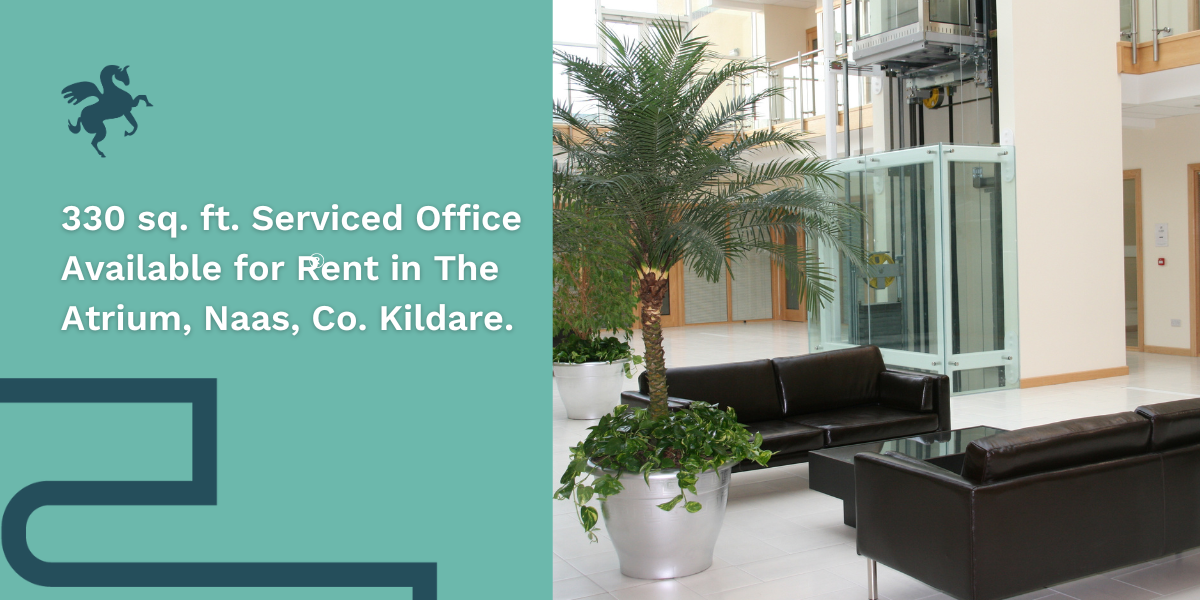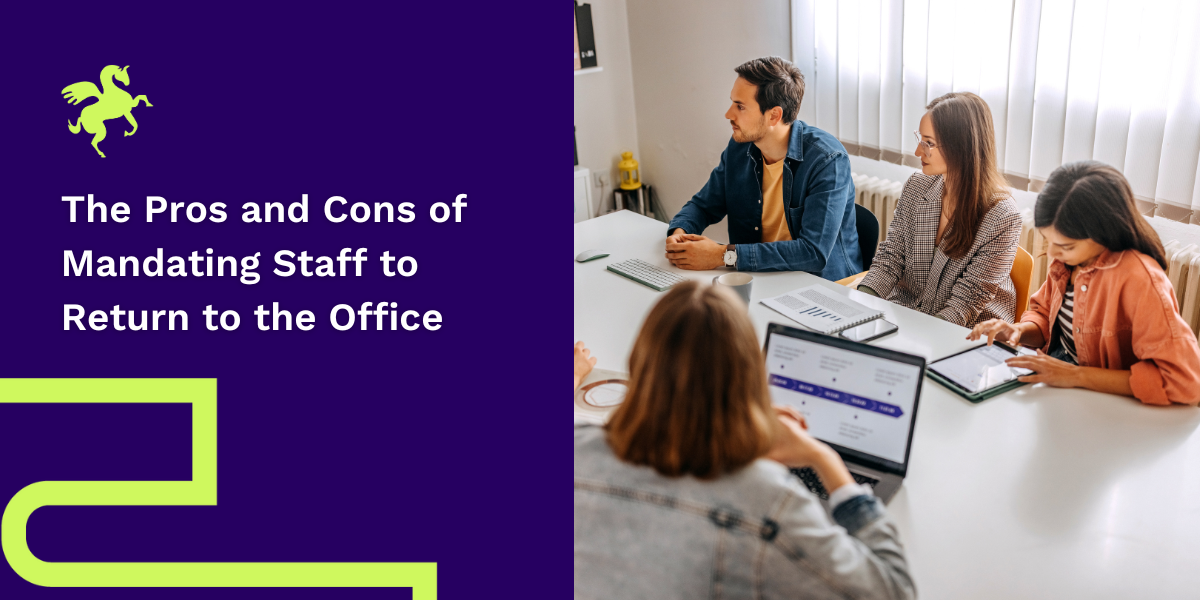In today’s fast-paced and dynamic job market, it’s essential for professionals to continually assess and optimize their career paths to stay competitive and achieve their goals. Whether you’re looking to advance within your current organization or explore new opportunities elsewhere, optimizing your career path can help you maximize your potential and find fulfillment in your work. In this article, we’ll explore ten actionable tips to help jobseekers and candidates navigate and optimize their current career paths effectively.
-
Self-Reflection and Goal Setting:
Start by taking stock of where you are in your career and where you want to be in the future. Reflect on your strengths, weaknesses, interests, and values to gain clarity about your career goals and aspirations. Set SMART (Specific, Measurable, Achievable, Relevant, Time-bound) goals that align with your professional aspirations, whether it’s acquiring new skills, securing a promotion, or transitioning to a different industry.
-
Continuous Learning and Skill Development:
In today’s knowledge-based economy, continuous learning is essential for staying relevant and competitive in your field. Invest in expanding your skill set through formal education, online courses, workshops, certifications, or professional development programs. Identify emerging trends and technologies in your industry and proactively acquire the necessary skills to remain marketable and adaptable to changing demands.
-
Network Building and Relationship Management:
Networking is a powerful tool for career advancement, providing access to job opportunities, industry insights, and professional support. Cultivate meaningful relationships with peers, mentors, industry experts, and potential employers through networking events, professional associations, social media platforms, and informational interviews. Actively engage with your network to seek advice, share knowledge, and explore collaboration opportunities.
-
Personal Branding and Online Presence:
Your personal brand is how you present yourself to the world and how others perceive you professionally. Build a strong personal brand by showcasing your expertise, accomplishments, and professional interests through your resume, LinkedIn profile, portfolio, and online presence. Tailor your branding to highlight your unique value proposition and differentiate yourself from competitors in the job market.
-
Seek Feedback and Mentorship:
Feedback is invaluable for professional growth and development, providing insights into your strengths, areas for improvement, and blind spots. Solicit feedback from supervisors, colleagues, mentors, and industry peers to gain a comprehensive understanding of your performance and how you can enhance your skills and competencies. Seek mentorship from experienced professionals who can offer guidance, advice, and support as you navigate your career path.
-
Embrace Challenges and Take Risks:
Don’t shy away from challenges or opportunities that push you out of your comfort zone. Embrace new experiences, projects, and responsibilities that allow you to stretch your capabilities and demonstrate your potential for growth and leadership. Be willing to take calculated risks and seize opportunities for advancement, even if they involve uncertainty or stepping into unfamiliar territory.
-
Adaptability and Resilience:
The ability to adapt to change and bounce back from setbacks is essential for navigating today’s dynamic job market. Cultivate resilience by maintaining a positive attitude, staying flexible in the face of uncertainty, and learning from failures and setbacks. Embrace change as an opportunity for growth and innovation, and remain agile in adjusting your career strategy to align with evolving circumstances and opportunities.
-
Stay Current and Informed:
Stay informed about industry trends, market dynamics, and job market conditions relevant to your field. Regularly monitor industry publications, news outlets, professional forums, and social media channels to stay abreast of emerging trends, best practices, and career opportunities. Stay current with advancements in technology, methodologies, and industry standards to remain competitive and adaptable in your career.
-
Work-Life Balance and Well-being:
Maintaining a healthy work-life balance is essential for sustaining long-term career satisfaction and well-being. Prioritize self-care, leisure activities, and relationships outside of work to recharge and prevent burnout. Set boundaries around your work hours, workload, and personal time to maintain balance and preserve your physical, mental, and emotional health.
-
Evaluate and Adjust Your Career Path:
Regularly assess your progress towards your career goals and evaluate whether your current path aligns with your aspirations and values. Be open to reassessing and adjusting your career trajectory based on new opportunities, changing priorities, or shifts in the job market. Seek feedback from trusted advisors, reflect on your experiences, and pivot as needed to stay aligned with your professional aspirations and personal fulfillment.
In conclusion, optimizing your current career path requires proactive self-reflection, continuous learning, strategic networking, and adaptability to change. By implementing these ten tips, jobseekers and candidates can take control of their career trajectories, maximize their potential, and achieve long-term success and fulfillment in their chosen fields. Remember, your career journey is a marathon, not a sprint, so stay focused, resilient, and committed to pursuing your professional aspirations with passion and purpose.



















Access to the offices and retail are provided by stairwells and a lift from the ground floor lobby. A separate stairwell serves the apartments with direct access from John`s Lane.
Viewings by appointment only on Mondays, Tuesdays, and Thursdays.
 Email: stephen@clark.ie
Email: stephen@clark.ie
 Call: 045 881888
Call: 045 881888
Don’t miss out on this amazing space – book a viewing today!